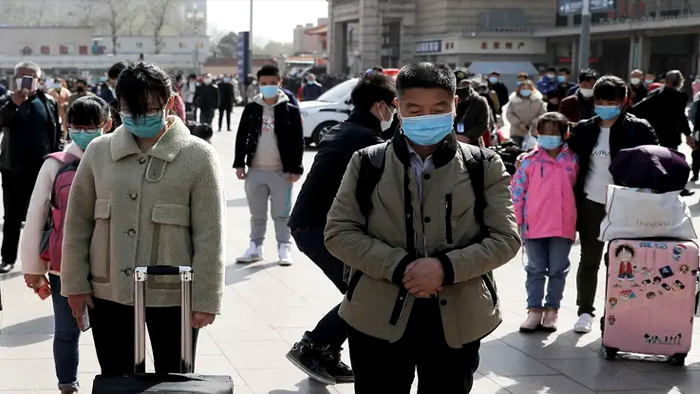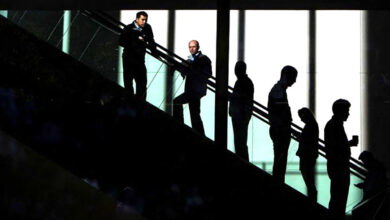After COVID’s decline, businesses in Wuhan, China, confront new concerns.

Despite last week’s relaxation of the strictest restrictions, many small enterprises in the central Chinese city of Wuhan are receiving a fresh blow from infections.
With the sick and those fearing infection remaining at home and the government showing little sign of stepping in to assist, there is little hope for a brighter future following the end of lockdowns.
“I simply cannot continue,” said Zhu Chongping, 60, as he surveyed his deserted restaurant serving regional cuisine in the city of more than 13 million, where the COVID-19 outbreak began three years ago.
Related: At the Gulf conference in Riyadh, China’s Xi asked for the trading of oil in yuan.
“Every day, I lose one thousand yuan in money.”
The difficulty faced by Zhu and other small company owners highlights how Beijing’s change away from strict COVID restrictions, which had the potential to spur an economic recovery in the coming year, is likely to dampen GDP during the next few months as infections soar.
Last Saturday was the worst day for business on a normally bustling food street, when the majority of businesses were closed or vacant since Zhu first opened his doors to customers 30 years ago.
The outlook after “zero-COVID” was lifted, as a result of huge protests, is worse than during the city’s 76-day lockdown in 2020, he added, because his landlord is not granting him a rent cut this year.
Rent subsidies and consumer vouchers were among the business-supporting measures implemented by local governments at the time, but there are scant indications of such initiatives this year.
Zhu noted, “This street is considered a prime location in Wuhan.” “Currently, there is no one around.” It is possible that other locations are worse.
The only line within several hundred metres was outside a drugstore, where folks were waiting to stock up on COVID-treating medications.
The proprietor of a bag store on neighbouring Hanzheng Street, home to one of China’s largest wholesale apparel markets and the site of a major anti-lockdown demonstration last month, stated, “My business is battling to survive.”
“We’ll have to wait and see what happens next year…” the 48-year-old Liang said. “We must determine what the foot traffic will be.” “If conditions remain unchanged the following year, suppliers will be forced to depart.”
Numerous other merchants told Reuters they had “no business.”
The lack of clients is having a ripple effect on other businesses, further hindering growth in China this year, which is experiencing an economic crisis.
“There are not many new stores opening, and there are not many new businesses starting, so our business cannot get off the ground, and we are facing layoffs,” said Huang, the owner of an advertising company who requested anonymity.
People simply do not have as much money as they once did, said a taxi driver from Wuhan with the surname Sun, adding that subsidies made the lockdown in 2020 more manageable than this year’s measures.
He stated, “With all these lockdowns, I’ve earned nothing for weeks.” Now things are slightly better, but I can only earn enough to cover my monthly taxi rental charge.
Related: At the Gulf conference in Riyadh, China’s Xi asked for the trading of oil in yuan.
As a result of widespread COVID restrictions, factory activity decreased in November, while exports and imports fell at the fastest rate in at least two and a half years, adding to the strain on the economy.
Zhiwu Chen, a professor of finance at the University of Hong Kong, opined that authorities hoped the infections would usher in sufficient immunity within three or four months, allowing small and medium-sized businesses to recover.
“Of course, the country will suffer as a result of the shock therapy,” he added.
I hope that they can withstand the shock.





